Fishing Tips: How To Catch Catfish
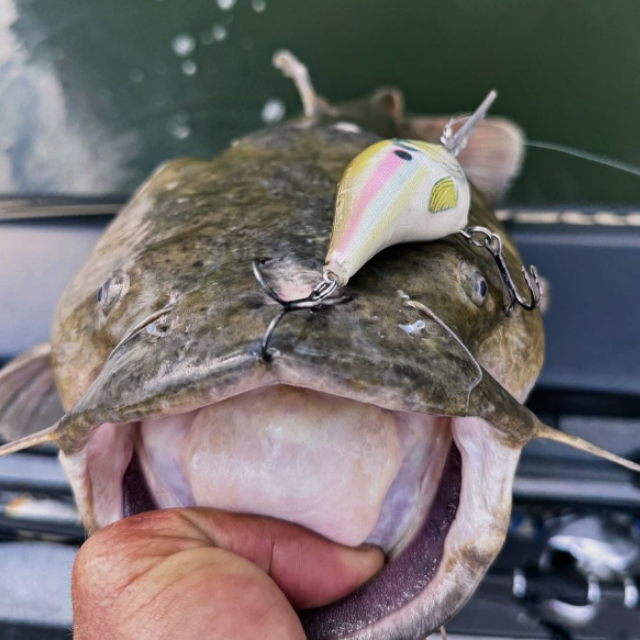
More photos of Catfish.
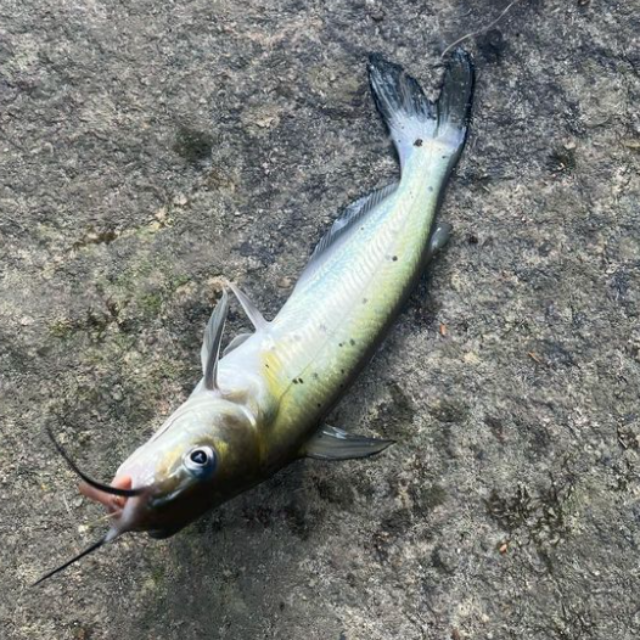
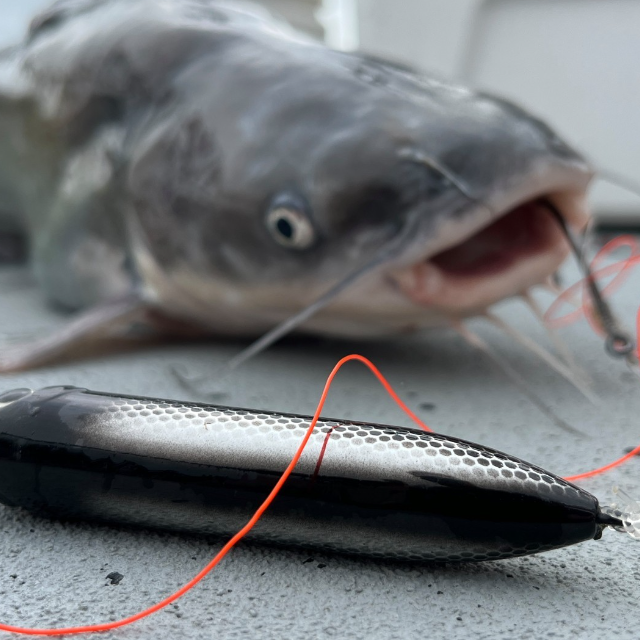
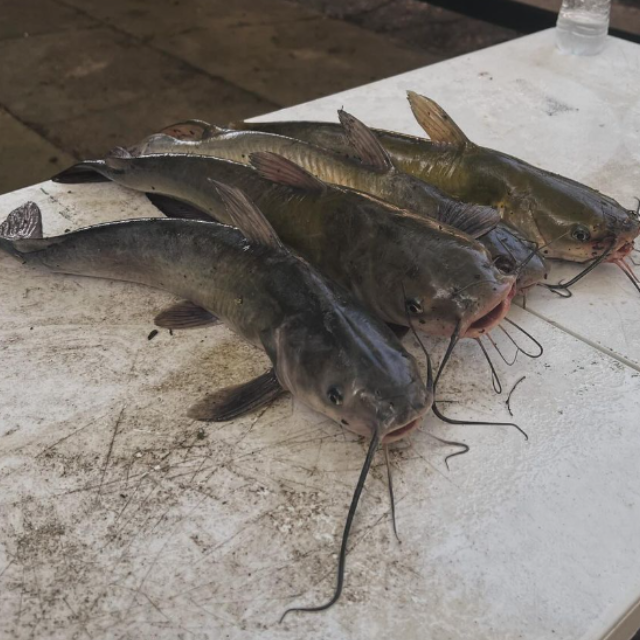
Catfish are one of the most popular freshwater fish targeted by anglers due to their widespread availability and the challenge they present. These fish thrive in a variety of aquatic environments, including rivers, lakes, and ponds. They are predominantly bottom feeders with a keen sense of smell, making bait selection crucial.
Effective methods for catching catfish include bottom fishing, jug fishing, and using limb lines. Night fishing is particularly productive as catfish are more active during cooler, darker hours.

Berkley Gulp! Catfish Chunks
Soft plastic baits, such as the Berkley Gulp! Catfish Chunks, are designed to imitate the scent an...
Soft plastic baits, such as the Berkley Gulp! Catfish Chunks, are designed to imitate the scent and texture of natural baits. These chunks are infused with a strong scent that attracts bottom-dwelling fish. They can be used on a hook or jighead and are effective in various environments.
Continue reading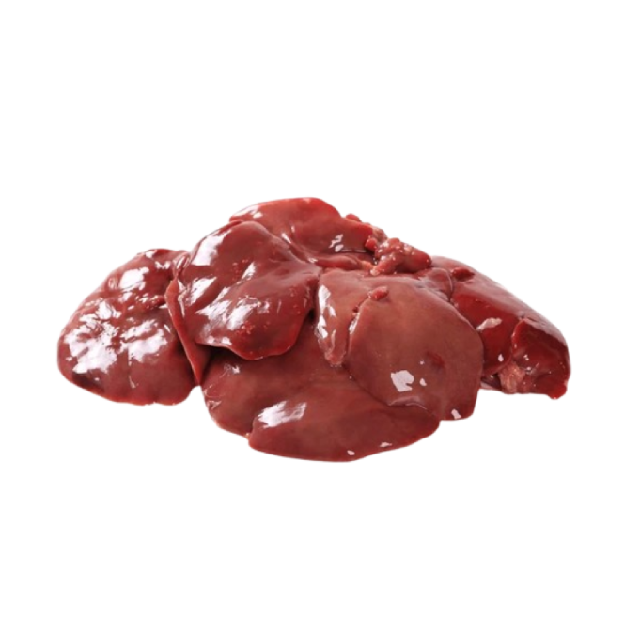
Chicken Liver
Chicken liver is a popular and highly effective bait for catfish due to its strong scent and textu...
Chicken liver is a popular and highly effective bait for catfish due to its strong scent and texture. It releases a potent aroma in the water, attracting fish from a considerable distance. Chicken liver is easy to use but can be somewhat difficult to keep on the hook due to its soft texture. Using a bait holder or tying the liver with thread can help keep it secure on the hook during casting and retrieval.
Continue reading
Cut Bluegill
Cut bluegill is another excellent choice for bait, especially for larger predatory fish. The tough...
Cut bluegill is another excellent choice for bait, especially for larger predatory fish. The tough skin of bluegill helps keep the bait on the hook longer, while the flesh releases oils and scents that attract fish. It can be used in various water conditions and is especially useful for targeting catfish and bass.
Continue reading
Cut Shad
Cut shad is an effective bait for many species of fish, especially catfish. The oily flesh of shad...
Cut shad is an effective bait for many species of fish, especially catfish. The oily flesh of shad releases a strong scent trail in the water, attracting fish from far away.
Continue reading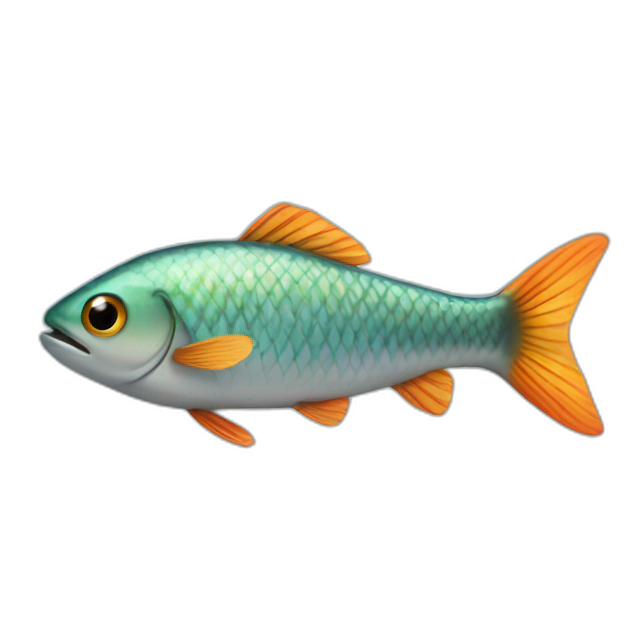
Minnows
Minnows are small freshwater fish used extensively as live bait due to their natural appeal to a v...
Minnows are small freshwater fish used extensively as live bait due to their natural appeal to a variety of game fish. They are typically hooked through the lips or behind the dorsal fin, allowing them to swim naturally and attract predators. Their lively movements and natural scent make them irresistible to many species, including bass, trout, and crappie.
Continue reading
Nightcrawlers
Nightcrawlers, a type of earthworm, are highly effective live bait due to their natural scent and ...
Nightcrawlers, a type of earthworm, are highly effective live bait due to their natural scent and movement. They are commonly used for a wide range of fish species. When hooked correctly, they wriggle enticingly in the water, drawing the attention of nearby fish. Nightcrawlers can be used in various fishing environments, from freshwater lakes to rivers.
Continue readingMore Thoughts on Baits: Choosing the right bait is essential when targeting catfish. Their reliance on smell makes baits that emit strong odors particularly effective. In murkier waters, where visibility is low, scent-based baits like chicken liver or stink baits can significantly improve your chances of a successful catch.
Gear To Use For Catching Catfish:
| Gear Type | Specifications | Purpose |
|---|---|---|
| Rod/Reel | Medium to heavy action rod with a strong reel. | Ensures you can handle the size and fight of most catfish. |
| Line | 15-30 lb test line, depending on the size of the fish targeted. | Strong enough to withstand the catfish’s weight and potential obstacles. |
| Hook | Size 2/0-6/0 hooks, depending on bait size. | Ensures secure hooking given the catfish’s tough mouth. |
| Weights | Heavy enough to keep baits anchored at the bottom. | Critical for bottom fishing techniques used for catfish. |
More Thoughts on Gear:
How To Identify If You Caught Catfish: Catfish are characterized by their whisker-like barbels, which they use to locate food in murky waters. They have a robust, scaleless body with a flat head and a wide mouth. Common species include Channel Catfish, Blue Catfish, and Flathead Catfish, each with distinct physical features that can help in identification. For more detailed identification or to confirm your catch, resources like the Catchpedia Fish Identifier are available.